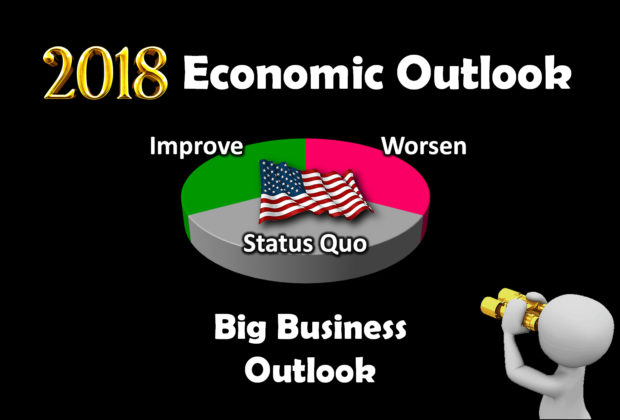
However, Progressives remained mostly interested in domestic issues, and Republican Progressives sometimes hesitated to break party lines on foreign policy, hoping to ensure greater influence on domestic matters within the Republican Party.

Senator Robert La Follette, Progressive opposition to foreign intervention further increased under the Dollar Diplomacy policies of Republican President William Howard Taft and Secretary of State Philander Knox. Still others argued that foreign ventures would detract from much-needed domestic political and social reforms. However, especially after the violence of the Philippine-American War, other Progressives became increasingly vocal about their opposition to U.S. President Theodore Roosevelt, saw no conflict between imperialism and reform at home -to them, both were forms of uplift, reform and improvement, and so they saw in these new colonies an opportunity to further the Progressive agenda around the world. In the Philippines, American forces faced armed insurgency, while in Puerto Rico, working-class and Progressive Puerto Ricans saw the United States as a successful counterweight to local sugar industry elites. These territories captured in the Spanish-American war had a varied response toward U.S. rule of the former Spanish colonies of Puerto Rico and the Philippines, as well as increased influence over Cuba. The most prominent action during this period, the Spanish-American War, resulted in U.S. Government became increasingly likely to rely on its military and economic power to pursue foreign policy goals.
#Big business us history negatives series#
In the 1890s, the Progressive movement also began to question the power of large businesses and monopolies after a series of journalistic exposés that revealed questionable business practices. These reformers favored such policies as civil service reform, food safety laws, and increased political rights for women and U.S. Progressives were interested in establishing a more transparent and accountable government which would work to improve U.S. The Progressive movement began with a domestic agenda.

power in a foreign arena as an opportunity to enact the Progressive domestic agenda overseas, and to improve foreign societies, others were concerned about the adverse effects of U.S.

The Progressive movement was a turn-of-the-century political movement interested in furthering social and political reform, curbing political corruption caused by political machines, and limiting the political influence of large corporations.


 0 kommentar(er)
0 kommentar(er)
